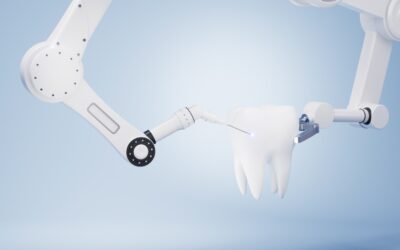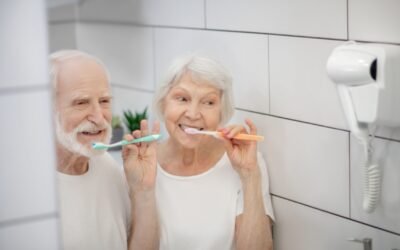
How old is old for implant therapy in terms of early implant losses?
The osseointegration of implants may be hampered by a number of age-related factors. For instance, older patients are more likely than younger patients to have systemic diseases (such as diabetes) and to take medications or receive treatments that impede both bone and wound healing. Additionally, the proliferative stage of healing is slowed down or prolonged due to a variety of factors, including the elderly’s lower levels of stem cells and growth factors, as well as an overall higher inflammatory response in older adults as compared to younger adults.
However, little is known about early implant losses (EIL) in the elderly, which are implant losses that occur before loading and are the telltale sign of compromised osseointegration.
A number of studies have demonstrated that patients over the age of 65 have a similar low rate of EIL as patients between the ages of 35 and 55, while patients over the age of 80 may have a slight tendency toward a higher EIL rate. Thus, osseointegration does not appear to be compromised by aging, or if it is, it is only marginally and later in life.
References
Bertl, K, Ebner, M, Knibbe, M, et al. How old is old for implant therapy in terms of early implant losses? J Clin Periodontol. 2019; 46: 1282–1293. https://doi.org/10.1111/jcpe.13199
Al Subaie, A., Emami, E., Tamimi, I., Laurenti, M., Eimar, H., Abdallah, M. N., & Tamimi, F. (2016). Systemic administration of omeprazole interferes with bone healing and implant osseointegration: An in vivo study on rat tibiae. Journal of Clinical Periodontology, 43, 193–203. https://doi.org/10.1111/jcpe.12506
Bartold, P. M., Ivanovski, S., & Darby, I. (2016). Implants for the aged patient: Biological, clinical and sociological considerations. Periodontology 2000, 72, 120–134. https://doi.org/10.1111/prd.12133
Bosshardt, D. D., Chappuis, V., & Buser, D. (2017). Osseointegration of titanium, titanium alloy and zirconia dental implants: Current knowledge and open questions. Periodontology 2000, 73, 22–40. https://doi.org/10.1111/prd.12179






